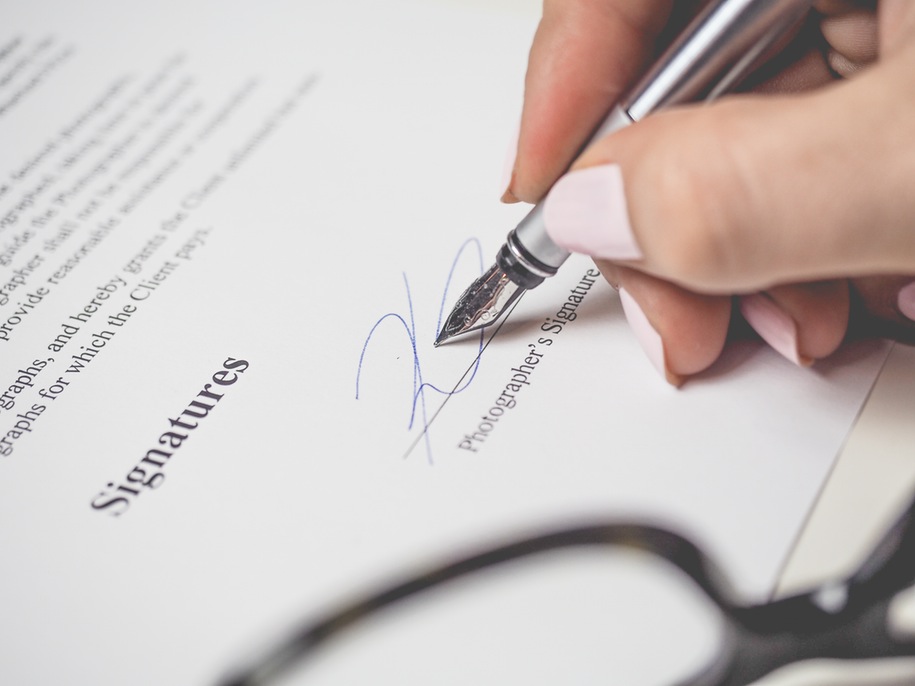
Everyone values privacy. When we age, the desire to remain independent and autonomous does not typically change. While remaining independent is empowering, sometimes needs change, and it is important to learn to depend on others. This involves more than making the decision to hire a professional caregiver or asking family to assist with activities of daily living. It is important to have the right documents in place too.
What is a Durable Power of Attorney?
A durable power of attorney (POA) is a legal document. It lets you choose someone who will make financial and medical decisions if you are temporarily or permanently unable to do so on your own. The document is very important if you are permanently incapacitated because of an accident, injury or surgery. It is also necessary if you experience cognitive decline as the result of Alzheimer’s or another form of dementia.
While no one wants to think about getting to a point when they cannot make their own decisions, discussing and setting up a power of attorney is important. The best time to do this is before you need it. Life is unpredictable. It is important to choose the right person for the job and help them to understand what your goals are. This is the best way to make sure that your choices are honored and respected at every stage in life.
Two Types of POAs
Typically, there are two different types of power of attorne. One is for healthcare, and one is for financial matters. Some seniors choose to name one person for both. Others prefer to keep them separate. The choice is completely your own.
Confusion Surrounding POAs
Some seniors fail to appoint a durable power of attorney for financial or medical care because of misunderstandings about the power that these documents grant. While it is true that POAs give another individual the ability to make many important decisions for you, their power is not without limitations. For instance, the agent has a fiduciary responsibility to act in your best financial interest.
To best understand these documents and set them up correctly, it is important to consult with an attorney. Acting with a degree of caution is also advisable. Choose someone who is both responsible and trustworthy as your POA, providing you with an extra element of protection.
Where Medical Directives Fit In
A healthcare power of attorney can be used in conjunction with advanced medical directives. This provides you with additional measures to ensure your wishes are respected. These directives outline the medical care you are and are not willing to accept under very specific circumstances. Discussing advanced directives with both an attorney and your physician is a good idea. Also, make sure your physician and medical power of attorney have copies of these documents to prevent confusion.
Continuing to Make Decisions for Yourself
Naming a power of attorney does not take away your ability to make decisions for yourself. In fact, the document can be written so that it does not become effective until you become incompetent (as stated by a physician) or you decide otherwise.
When There is No POA
In the absence of a POA, many states require that a guardian be named to make financial and medical decisions on your behalf. This process is sometimes slow, and there is expense involved in the legal proceedings surrounding it if a family member needs to apply.
Naming a durable power of attorney to assist with your medical and financial needs is important. Salus Homecare Los Angeles encourages all of our clients to consider these documents and set them up with a trusted legal professional. Should you become incapacitated, these documents often mean the difference between having your wishes honored and forcing people to make decisions even if they are not completely aware of what you would want. Whether you are a senior or a family caregiver, take the time to discuss these important documents with your loved ones. Get everyone on board to help prepare should the time come that you ever need them.
There is no ads to display, Please add some

